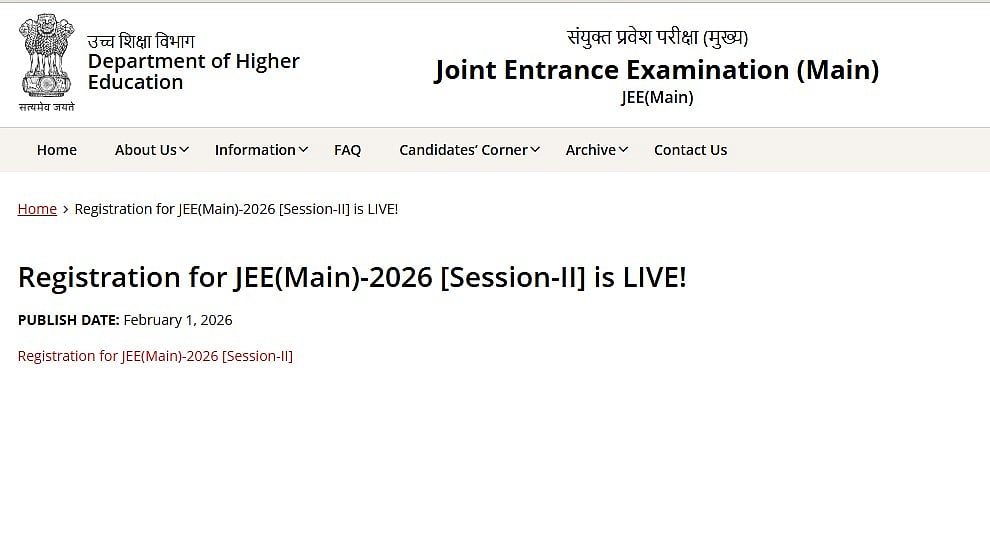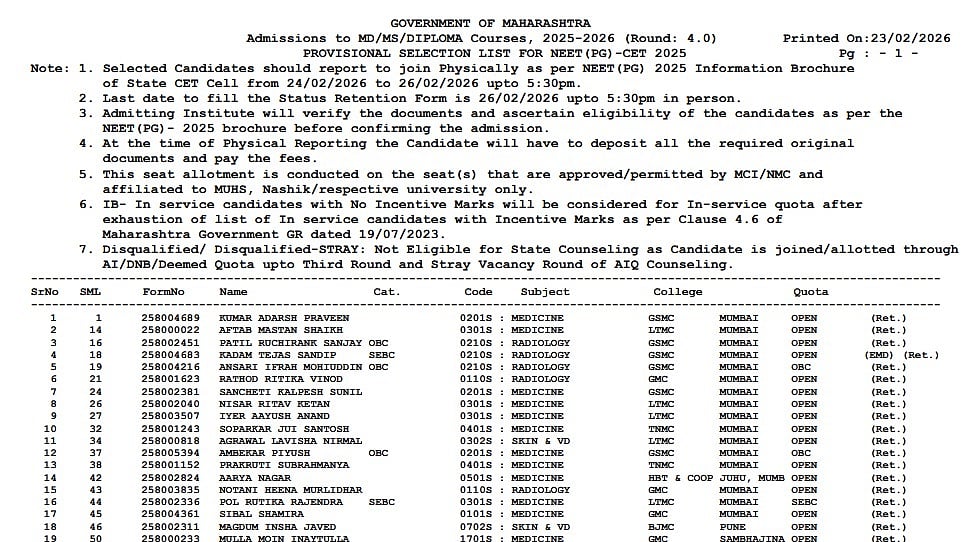The Oscar contender for best screenplay, “The worst person in the world” is one of the finest pieces of art I have watched in a long time. It is essential that we talk about it on Women’s Day because director Joachim Trier tries to answer a question that has vexed thinkers for millennia: What women want! The movie’s biggest selling point is that it spares us the male gaze while answering that question.
The film follows the life of Julie (played by Renate Reinsve) and meticulously documents her emotional evolution between the ages of 28-32. I call this age bracket the years of awakening for women. Julie, like most women of our time, is not sure of herself. She falls in and out of love with men, who are far more sensitive and likeable than the dating and mating choices our mothers had, and yet none of them is successful in keeping her.
Her breakups always coincide with an existential crisis, which at times are triggered by her partner's professional success in one case, in another instance by their lack of drive for excellence. She is scared of being the second fiddle in a successful man’s story, and also equally worried about having an ordinary, unambitious partner. You almost feel bad for these well-intentioned, loving, caring men who are ready to compromise on their needs to have her in their life. They can’t bring themselves to hate her even when she says the most hurtful things to them.
They are somehow ready to put up with her because they can see what an extraordinary woman she is — something so rare for men of the previous generation to acknowledge and pander to. They are not threatened by her light. In fact, they understand her creative longings and encourage her to reach out for the star. But Julie doesn’t want to be rescued. Neither is she looking for a man to settle down with. She is brave enough to give up on love that our mothers, aunts and older sisters would give their life for in the search of her true self. Her professional life is just as tumultuous as her personal life. She flirts with various disciplines — medicine, psychology, writing — until she commits herself to photography and finds herself.
The Ranbir Kapoor-starrer Tamasha has a cult following among men because of very similar reasons. Where “the worst…” proves itself to be a superior film is that it doesn’t reduce the love interests of the protagonist to mere prompts to instigate an existential crisis and send them on an internal journey. “The worst” is just as considerate to men grappling with the needs of modern women as it is to women who are voluntarily choosing to undergo the painful procedure of extricating the self from cultural conditioning — a vestigial entity they have inherited but are no longer forced to adhere to.
Why the film spoke to me as a woman is because it doesn’t take the clichéd route of showing women reacting to a patriarchal world, toxic men and family setups, or abusive relationships. What happens when women aren’t victims of patriarchy or when normative gender roles aren’t forced down her throat? What happens when women truly have choice and agency? Who does she become when she is not obliged to identify as someone’s wife, daughter, or mother? What happens when she has the perfect feminist man as her partner who loves her with all her imperfections? Can he fulfil her or save her from self-sabotage?

Who does she prioritise when she is freed of the cultural conditioning of being a woman and by extension selfless? It’s heartening to see Julie choose herself every single time even when there were good reasons to choose the needs of other people. The most poignant question though is this - is an empowered woman’s psychological struggles to find her voice any less painful than a woman who is trapped in conservative gender performance? Perhaps not. In fact, the freedom of choice only compounds her psychological trials and tribulations.
Women are so new at exercising choices not determined by their gender or biology that she flounders for the most part, and fails miserably, at least to begin with at benefiting from these newly acquired, hard-fought freedoms. Sometimes, these freedoms are so terrifying that she willingly gives them up only to realise the psychological price of it later. She unintentionally hurts and bleeds the men in her life, blaming them for her lack of clarity and historical training in being self-sufficient individuals.
There is a bit of reverse cultural conditioning that the feminist bashing of men brings about in women. It is a rather new phenomenon. We often conflate the personal and psychological struggles which no doubt sometimes are unique to women, with the larger political discourse around gender roles.
Probably what women need and want today is a new discourse and a new paradigm in which she is not continuously projected as a victim of cultural conditioning and patriarchy. She needs role models who embody freedom in its true sense and not the unnecessary glorification of those who continue to benefit from the status quo. What women want and need is an individual politics that takes into account her newfound independence, and her aspirations for herself, de-hyphenated from the victim narrative or her relational and dependent existence vis-a-vis men. For example, so many women stay single and childless today by choice. Do we even consider them to be a vote-bank? Would single women’s housing requirements not be different from those living with families? When will we institutionalise and normalise social security for unmarried women, for all social securities disproportionately incentivise marriage and privileges married women?

Women are learning to train themselves in living the life of choices and freedoms even if the process is messy and the execution shoddy at times. It may be a punishingly lonely journey. In a viral interview clip, actress Kalki Koechlin, when asked about “a personal achievement that you are proud of”, says with a smirk: “The realisation that I can live with myself”. The clip also shows her ex-husband Anurag Kashyap gushing over her response and saying: “wow”, a validation that probably Kalki doesn’t care about so much. Once the need for external validation and approvals are made irrelevant, the only glass ceiling that we as women need to break is our limiting beliefs about ourselves. Evidently, the modern woman is beautifully poised to undertake that journey.
(The writer is a mental health and behavioural sciences columnist, conducts art therapy workshops and provides personality development sessions for young adults. She can be found as @the_millennial_pilgrim on Instagram and Twitter.)








